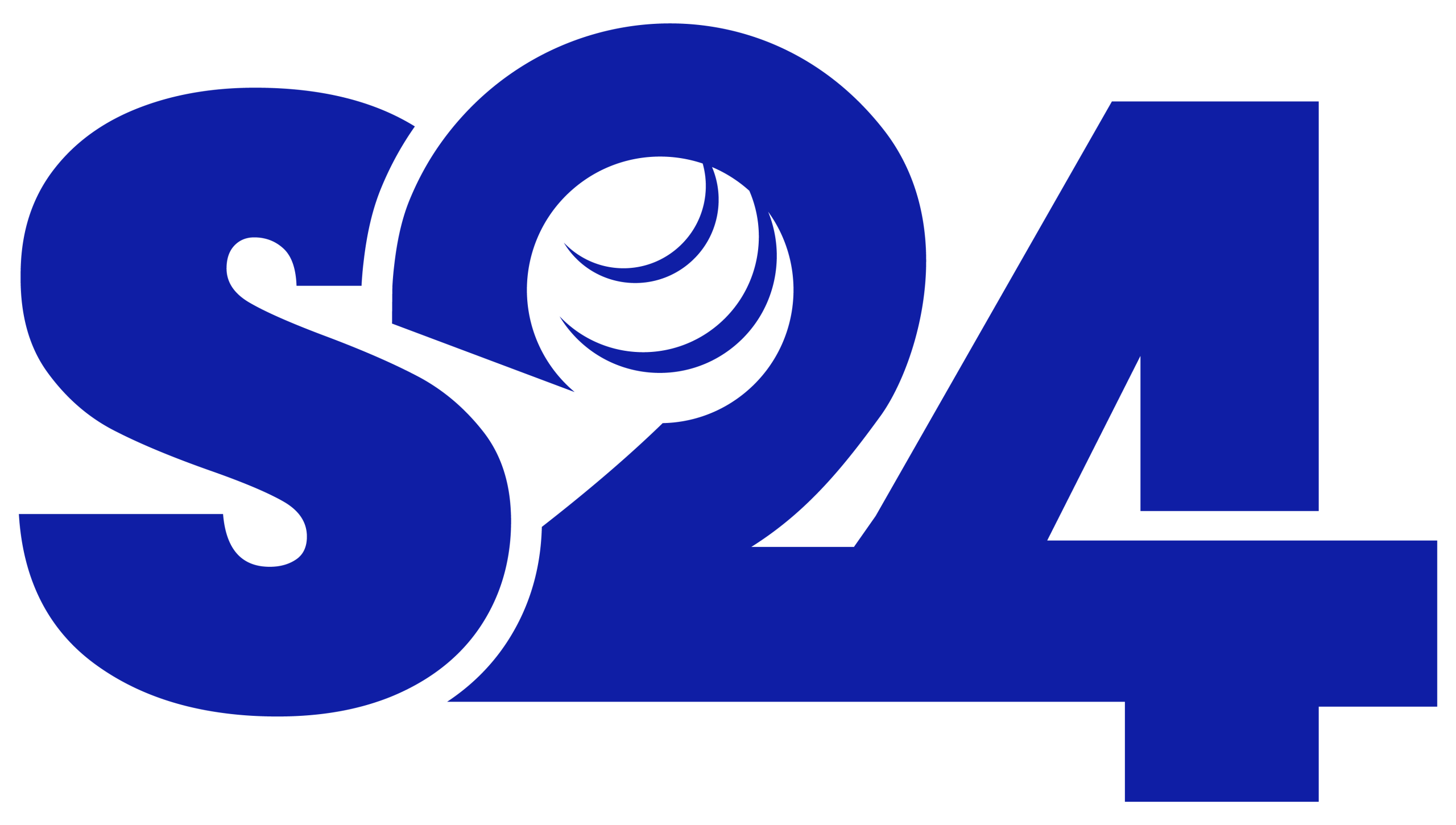The House of Representatives has constituted a series of Ad Hoc Committees to investigate key national issues across critical sectors, in a renewed effort to strengthen oversight, transparency, and institutional accountability.
The decision was announced during plenary on Wednesday, October 22, 2025, as part of the 10th Assembly’s drive to ensure effective governance and improved service delivery for Nigerians.
The newly formed Committees will focus on areas including development financing, energy, environment, infrastructure, and national security — reflecting the legislature’s commitment to ensuring that public resources deliver measurable value to citizens.
Read Also: HoR Holds Valedictory Session in Honour of Former Speaker
Among the Committees established are:
- Ad Hoc Committee to Investigate Decommissioning and Abandonment Compliance (DAC) in the Nigerian Petroleum Industry, chaired by Rep. Bassey Akiba (APC, Cross River).
- Ad Hoc Committee to Investigate the Operation, Funding, and Performance of Development Finance Institutions (DFIs), chaired by Rep. Mark Obetta (PDP, Enugu), with Rep. Francis Waive (APC, Delta) as Deputy Chairman.
- Ad Hoc Committee on Preparedness for the Ban on Single-Use Plastics, chaired by Rep. Terseer Ugbor (APC, Benue), and Rep. Mohammed Saidu Bargaja as Deputy Chairman.
- Ad Hoc Committee to Investigate Allocation and Expenditure on the Electric Power Sector Reform Programme, chaired by Rep. Ibrahim Al-Mustapha Aliyu (APC, Sokoto).
- Ad Hoc Committee to Investigate and Salvage the Situation of Federal Roads in and out of Calabar, chaired by Rep. Abubakar Fulata (APC, Jigawa).
- Ad Hoc Committee to Investigate Rising Insecurity and Loss of Lives in the FCT Despite the CCTV Project, chaired by Rep. Donald Ojogo (APC, Ondo), with Rep. Amobi Godwin Ogah (LP, Abia) as Deputy Chairman.
According to parliamentary sources, the Committees are expected to engage ministries, departments, and agencies (MDAs), as well as relevant stakeholders, to ensure compliance with national policies and enhance accountability in public expenditure.
The House reaffirmed its commitment to strengthening legislative oversight as a key mechanism for safeguarding public interest, promoting good governance, and restoring citizens’ confidence in democratic institutions.








